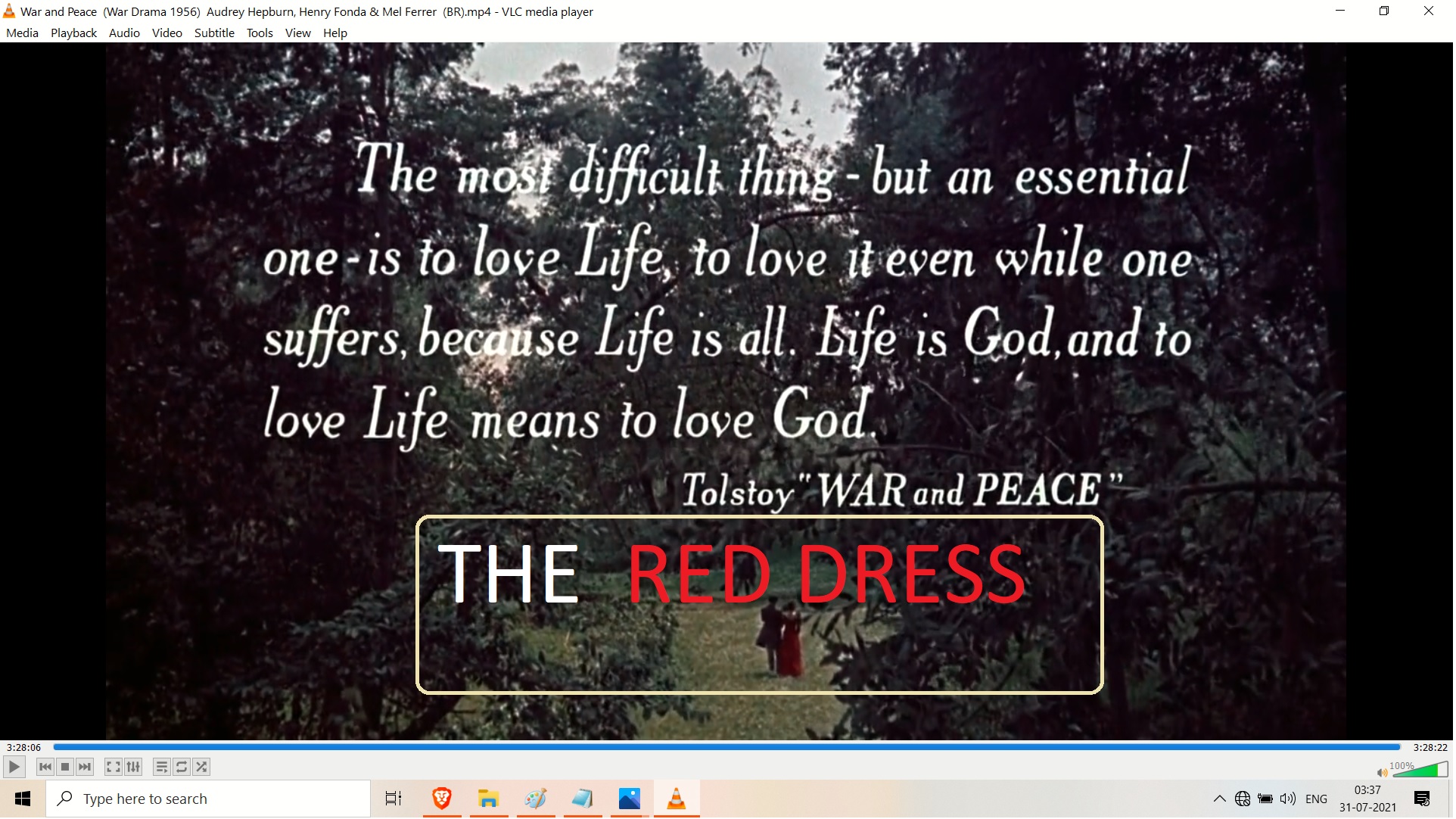

However, a corporation that is accused of a criminal offence, or that is a defendant in a civil proceeding initiated by the state, may raise the Charter in its defence whether or not it enjoys the particular right or freedom in question ( R. 927 at pages 1002-3 British Columbia Securities Commission v. For the extra-territorial application of the Charter more generally, see discussion under section 32.Ĭorporations do not have individual rights protected under section 7 and therefore cannot claim the benefit of section 7 in the same way that individuals can ( Irwin Toy Ltd.
#Death road to canada silent guardian code
3, at paragraph 54 Application under section 83.28 of the Criminal Code (Re), 2 S.C.R. In extradition and deportation cases, where the government’s participation is a necessary precondition for the deprivation of the rights to life, liberty or security of the person by another state, and the deprivation is an entirely foreseeable consequence of the participation, deportations or extraditions must accord with the principles of fundamental justice ( United States v. Where individuals are affected by a Canadian or foreign government action that took place outside Canada, the extent to which they may rely upon section 7 will depend on the circumstances, and may require the claimant to establish Canadian government “participation in activities of a foreign state or its agents that are contrary to Canada’s international obligations or fundamental human rights norms” ( R. Minister of Employment and Immigration, 1 S.C.R. EveryoneĪll individuals physically present in Canada will benefit from the protection of section 7 ( Singh v. Accordingly there will be no violation of section 7 if there is no deprivation of life, liberty or security of the person ( R. There is no independent right to fundamental justice. This second step may be broken down into two steps, where it is necessary a) to identify the relevant principle or principles of fundamental justice and then b) to determine whether the deprivation has occurred in accordance with such principles. Is the deprivation in accordance with the principles of fundamental justice?.Is there an infringement of one of the three (3) protected interests, that is to say a deprivation of life, liberty or security of the person?.Canada (Citizenship and Immigration), 1 S.C.R. Section 7 of the Charter requires that laws or state actions that interfere with life, liberty and security of the person conform to the principles of fundamental justice - the basic principles that underlie our notions of justice and fair process ( Charkaoui v. See also the following international, regional and comparative law instruments that are not legally binding on Canada but include similar provisions: article 3 of the Universal Declaration of Human Rights articles 4, 5 and 7 of the American Convention on Human Rights articles 2 and 5 of the European Convention on Human Rights the Fifth Amendment of the Constitution of the United States of America (the Due Process Clause). Similar provisions may be found in the following Canadian laws and international instruments binding on Canada: section 1(a) of the Canadian Bill of Rights articles 6 and 9 of the International Covenant on Civil and Political Rights articles 6 and 37 of the Convention on the Rights of the Child articles 14 and 17 of the Convention on the Rights of Persons with Disabilities and article I of the American Declaration of the Rights and Duties of Man. Everyone has the right to life, liberty and security of the person and the right not to be deprived thereof except in accordance with the principles of fundamental justice. Section 7 – Life, liberty and security of the personħ.


 0 kommentar(er)
0 kommentar(er)
